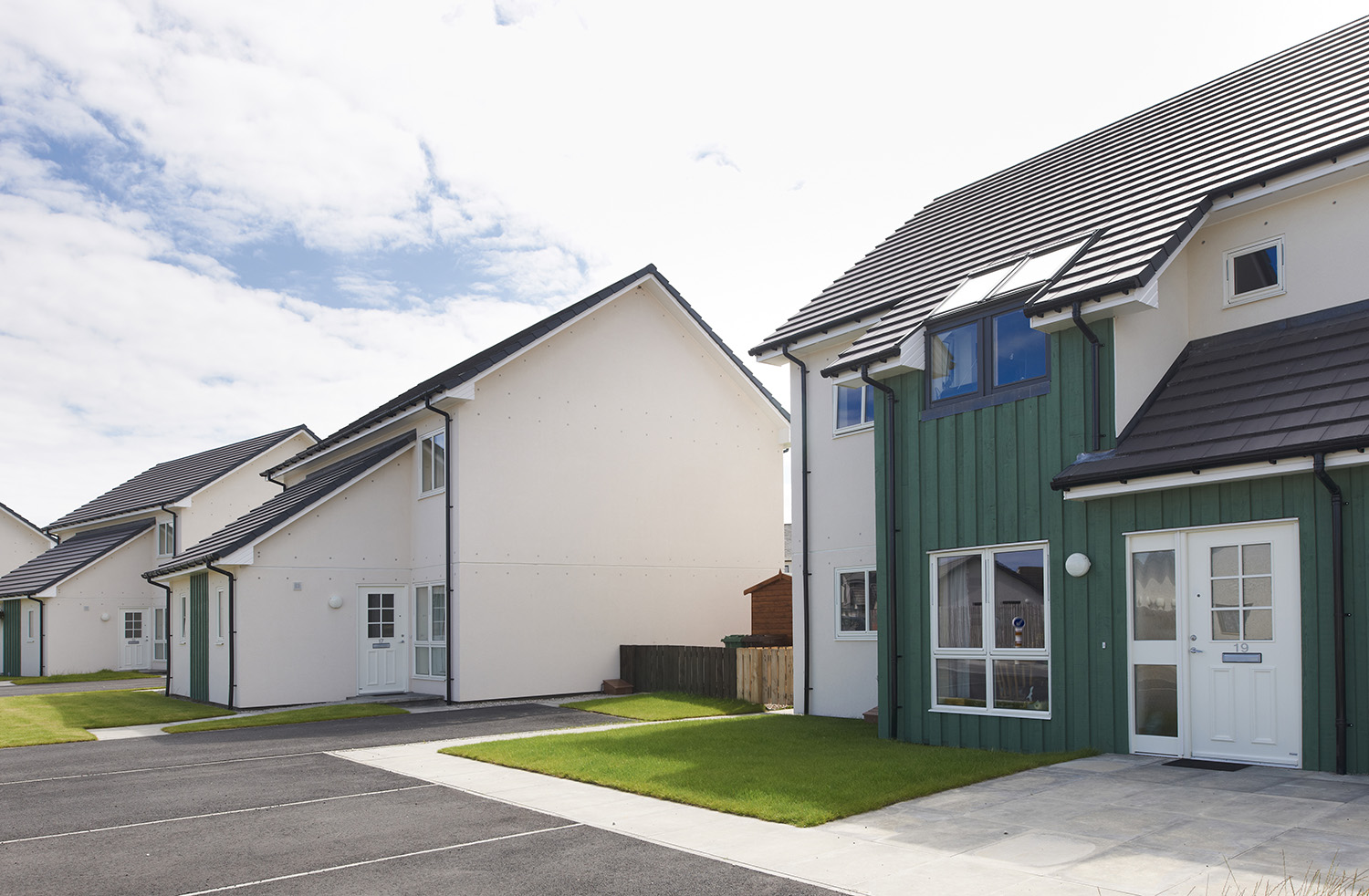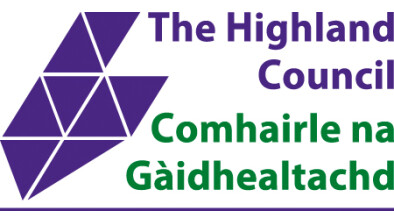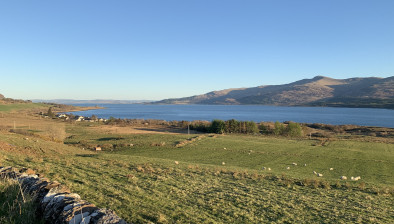Highland councillors decide on rent structure, empty homes and domestic abuse

The Highland Council’s Housing and Property Committee met yesterday to agree a number of new measures, including a new finance and rent strategy, an empty homes plan and a domestic abuse policy.
At the meeting, members welcomed an increase in Scottish Government funding for affordable housing. The allocation of £47.588 million for the Highlands represents an uplift from the previous year’s £35.780m, enabling both the completion of committed projects and the launch of new developments.
Chair of the Housing & Property Committee, Cllr Glynis Campbell Sinclair, said: “The scale of housing need in Highland is rising. Our Strategic Housing Investment Plan sets out a clear and ambitious roadmap to deliver the homes our communities need, both now and in the future. The council is committed to continuing to collaborate with partners and investors to unlock land, finance, and capacity to increase the availability of affordable housing across Highland.
“Despite the progress to date, the programme continues to face delivery challenges, including land availability, infrastructure constraints, developer timing, statutory approvals, and construction cost inflation, particularly in rural areas. The council is actively working with partners, including the Scottish National Investment Bank, to explore alternative funding models and overcome these barriers.”
Forecasts for 2025/26 include 545 affordable housing completions and 570 new property starts.
As part of the Highland Housing Challenge, the council is implementing targeted actions to address constraints, including:
- Identifying new development sites through the Local Development Plan review.
- Supporting key worker housing with additional Scottish Government funding.
- Collaborating with SSEN and developers on legacy housing projects.
- Enhancing planning coordination through the Integrated Planning Delivery Service.
Looking ahead, the SHIP for 2026/27–2030/31 sets out a commitment to approve at least 700 new affordable homes annually, with 70% for affordable rent and 30% for intermediate housing such as low-cost home ownership and mid-market rent. The plan is aligned with the council’s Local Housing Strategy, Operational Delivery Plan, and Our Future Highland Delivery Plan.
Housing Finance and Rent Strategy 2026 – 2031
The committee also considered an update on the development of a long-term Financial Strategy for the Housing Revenue Account (HRA), including a proposed Rent Strategy for 2026–2031. Members agreed a set of key principles to guide financial planning and rent setting and also recommendations for the upcoming annual tenant rent consultation.
Cllr Glynis Campbell Sinclair said: “The financial environment remains challenging. In addition, the demand for new housing is also evident. The Highland Housing Challenge has identified the need to double the number of homes in the region over the next decade, across all tenures, including the social rented sector. To help meet this demand, the council must ensure the HRA is financially robust and sustainable, enabling continued investment in both existing housing stock and new supply.”
The report considered by members:
- Confirmed that the Highland Council rents remain significantly below the national average for registered social landlords.
- Summarised the operation of the HRA and the external factors influencing financial planning.
- Set out the principles underpinning the Financial Strategy, including service continuity and increased investment.
- Provided baseline cost estimates for the HRA for 2026–2031.
- Detailed the proposed tenant consultation process and the financial implications of various rent increase options.
A consultation on the proposed rent increase will run from 17 November until 5 January. This consultation will be based on recommendations for either 8, 9 or 10% rent increases which will equate to an average rent increase of between £7.16 and £8.95 per week based on current average council house rents.
The consultation will also provide tenants with details of what they can expect from recommended rent increases. For example, the 8% increase per annum for five years will double the council’s affordable housing programme, deliver £117m of mainstream capital investment in existing houses and reduce the loan charge ratio by over 7% by 2032.
From empty properties to homes
A new strategic action plan titled ‘From Empty Properties to Homes’, aimed at addressing the issue of long-term empty homes across Highland, was also agreed. The council’s plan outlines a coordinated approach to bring these homes back into use for individuals and families in need.
Cllr Glynis Campbell Sinclair said: “The Empty Homes Strategy is a key part of our wider ‘Highland Housing Challenge’ and reflects our commitment to meeting the housing needs of communities across the Highlands. By increasing the supply of affordable homes, we can help revitalise communities and support sustainable development.
“This plan is about unlocking the potential of empty homes and supporting owners every step of the way. It’s good for communities, good for housing supply, and good for the local economy.”
Cllr Sinclair added: “Our priority is to focus on areas where housing shortages are most acute and where helping owners bring back houses into use can help meet housing demand. Investing where we can deliver the greatest benefit for communities and ensure best value for public money.”
As part of the strategy, the council offers a dedicated Empty Homes Service to help owners navigate the process of bringing properties back into use. Whether a home has been inherited, is in probate, or requires renovation, the service provides tailored advice and practical support.
Owners may also potentially be able to sell their property directly to the council. This helps provide homes for key workers and local families while simplifying the selling process.
Domestic abuse housing policy agreed
Finally, the Housing and Property Committee agreed a new policy that clearly sets out its approach to assisting victim-survivors of domestic abuse.
The Domestic Abuse Housing Policy strengthens the council’s role in preventing homelessness caused by domestic abuse, while ensuring a person-centred and safety focused response.
Cllr Sinclair said: “Everyone deserves to live free from fear and abuse. This policy strengthens the council’s commitment to addressing domestic abuse and ensures our services are responsive to the needs of individuals and families who have experienced, are experiencing, or are at risk of abuse. It also clearly communicates our zero-tolerance stance and promotes a culture of equality and respect.
“At the core of our approach is the belief that victims should have the right to choose. Whether they decide to remain in their home or relocate, their wishes will guide our response. We are committed to making housing part of the solution, not a barrier for those seeking safety.”
The new policy will:
- Improve housing outcomes for victims and their children.
- Provide a trauma-informed, person-centred service to victims of domestic abuse.
- Promote preventative and proactive approaches, including support to remain safely in the home where appropriate.
- Recognise domestic abuse as a breach of tenancy.
- Prepare for the implementation of new powers under the Domestic Abuse (Protection) (Scotland) Act 2021, which will allow landlords to remove perpetrators from their tenancy (enabling the victims to remain if they choose).
The policy has been shaped by the voices of those with lived experience, as well as input from council staff, tenant volunteers and partner organisations. It builds on The Highland Council’s existing work with its partners in the Highland Violence Against Women Partnership, and its pledge to the Chartered Institute of Housing’s Make a Stand campaign.







